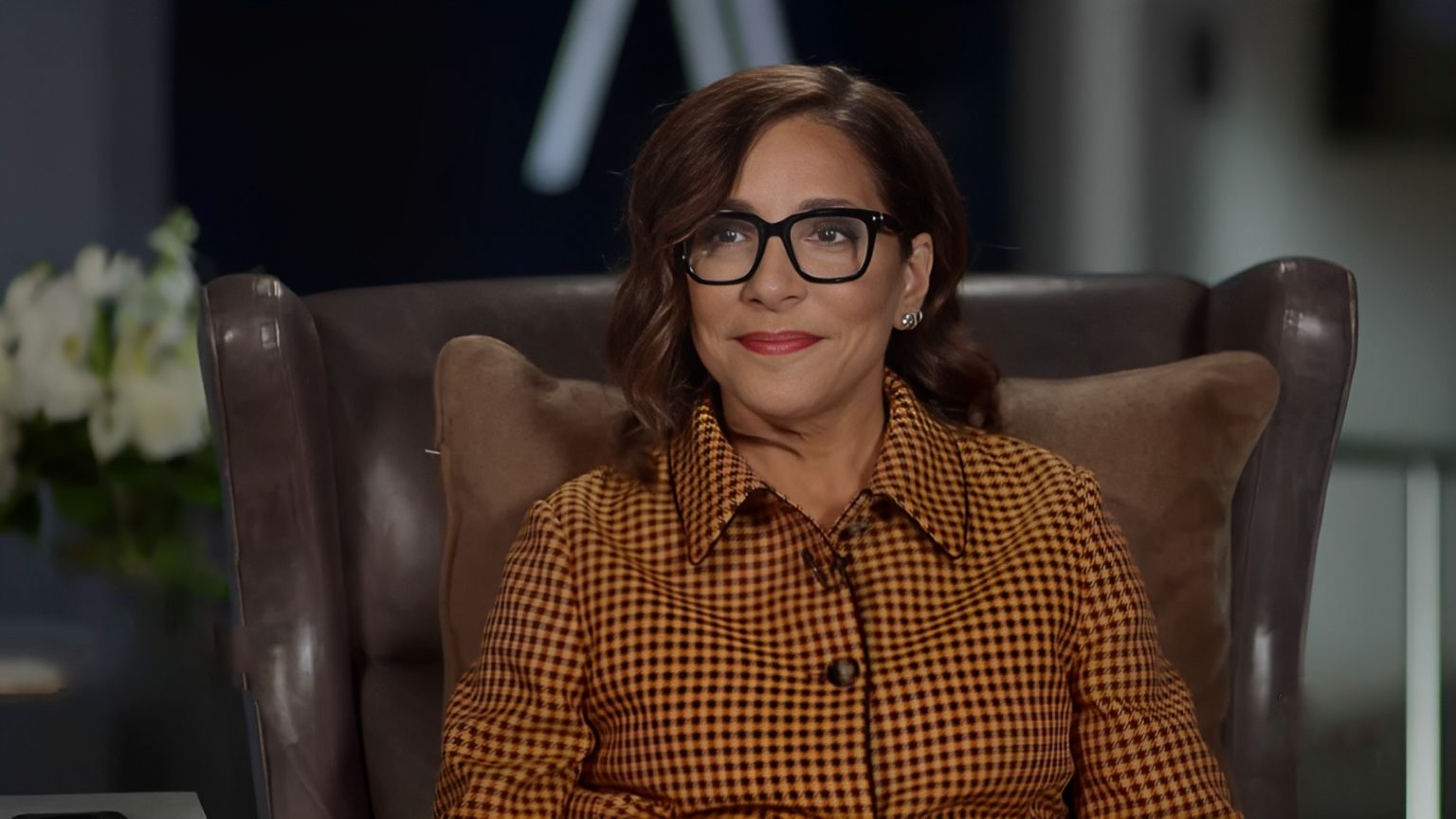The CEO of X, Linda Yaccarino, is once again plunged into a conversation surrounding the principles of free speech, shedding light on her standpoints which seem to contain inconsistencies.
Yaccarino, in her conversation with the Financial Times, appeared initially to champion the concept of free speech, only to subsequently divert the discussion towards other organizational aspects. This oscillation between defending free speech and avoiding the subject has drawn scrutiny, raising questions about the possible politicization of free speech and the role of tech giants in shaping public discourse.
“How is freedom of speech politicized?,” Yaccarino asked during the interview. “It is one of the foundational core values of what this country was formed on, so I don’t really understand how that’s a political issue. I think that would be something everyone, no matter what your opinions are, would agree on.”
But Yaccarino also during the interview repeated the contentious phrase “freedom of speech, not reach,” something that she has already been widely criticized for, as it suggests that X will have control over which voices are heard and which are not.
Yaccarino also repeated the equally contentions idea of X restricting what is “lawful but awful” speech and the interview reveals that X is “successfully” restricting such speech. Who is to decide what constitutes “awful?”
Yaccarino’s conflicting statements have come amidst rising debates over censorship and the rights of individuals to express their viewpoints openly.
Elon Musk, the tech magnate known for his eclectic political affiliations, previously vocalized support for Democrats but has been seen mingling with prominent Republicans like Tucker Carlson lately. The apparent change in Musk’s affiliations has heightened discussions around whether freedom of speech is increasingly becoming a politicized concept, a question Yaccarino claims she struggles to process.
When questioned about the establishment of a “content moderation council with widely diverse viewpoints,” a proposal made by Musk during his initial tenure, Yaccarino responded with unfamiliarity, stating, “That is news to me. You’re the first person that mentioned that.”
This controversy emerged shortly after Yaccarino’s reputedly fruitful with ADL head Jonathan Greenblatt. The ADL has been calling for censorship on the platform and Elon Musk has threatened to sue the ADL for causing what he says is a drop in 60% of its advertising revenue after the ADL asked advertisers to suspend advertising on the platform.
Both Yaccarino and Greenblatt have publicly described their meeting as productive. Yaccarino clarifies, “The issue that’s being debated is not about supporting ADL’s mission to fight antisemitism. We’re all in on fighting antisemitism. The issue is about the ADL misrepresenting or not addressing the progress that we’ve made in our ongoing efforts.”
In anticipation of the upcoming 2024 US presidential election, Yaccarino is intensifying efforts to guard against manipulation and the prominence of inauthentic accounts, whilst maintaining stringent surveillance of the platform to thwart emerging threats.






















